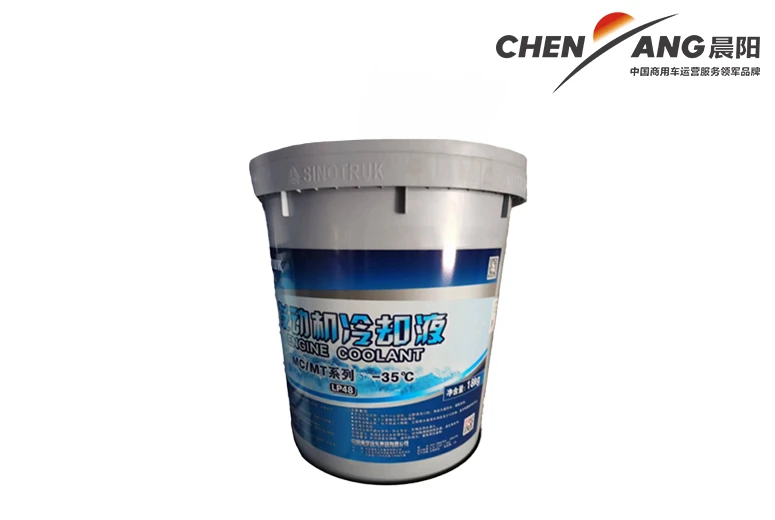Choosing the Right Type of Engine Oil for Your Vehicle
Choosing the right type of car oil is crucial to the performance and longevity of your vehicle. Engine oil, often referred to as motor oil, serves several vital functions in your car's engine, including reducing friction between moving parts, cleaning dirty components, preventing corrosion, and aiding in cooling the engine. Given these responsibilities, selecting the right type of oil is essential.
Understanding Motor Oil Types
Motor oil comes in various types, each designed for specific engine requirements. The key categories include conventional oil, synthetic oil, synthetic blend, and high-mileage oil.
1. Conventional Oil This is the most basic type of motor oil, derived from crude oil. It's typically less expensive than synthetic oils and is suitable for older cars with simple engine designs. However, conventional oil may need to be changed more frequently, typically every 3,000 to 5,000 miles.
2. Synthetic Oil Synthetic oils are engineered to provide better performance and protection. They are designed to flow better at low temperatures and resist breakdown at high temperatures. Because of their superior properties, synthetic oils are often recommended for high-performance and luxury vehicles. Synthetic oil change intervals can be extended to 7,500 to 10,000 miles.
3. Synthetic Blend Oil This type combines conventional and synthetic oils, providing a balance between performance and affordability. It’s an excellent choice for drivers who want some of the benefits of synthetic oil without the higher cost. Synthetic blends are suitable for light trucks and SUVs subjected to heavy loads or towing.
4. High-Mileage Oil Specifically formulated for vehicles with over 75,000 miles, high-mileage oils contain additives that help reduce oil consumption, minimize leaks, and control engine wear. This option is beneficial for older vehicles that may experience some oil loss or engine wear.
Viscosity Ratings
type of car oil to use

The viscosity of oil is another critical factor to consider, denoted by two numbers, such as 5W-30. The first number (5W) represents the oil's viscosity at low temperatures (the 'W' stands for winter), while the second number (30) indicates its viscosity at high temperatures. Thicker oils (higher second number) may provide better protection at high temperatures, while thinner oils (lower first number) flow more easily during cold starts. It's essential to follow your manufacturer's recommendations in the owner's manual when determining the suitable viscosity rating for your vehicle.
Consider Manufacturer Recommendations
Each vehicle’s manufacturer will specify the type of oil that's best for that particular engine. This information is usually found in the owner’s manual. Adhering to these recommendations is essential for maintaining your warranty and ensuring optimal engine performance. Using the wrong type of oil can lead to decreased efficiency and even engine damage over time.
Driving Conditions and Usage
Your driving habits and conditions can also impact your choice of oil. If you frequently drive in extreme temperatures, tow heavy loads, or endure stop-and-go traffic, consider using synthetic oil or synthetic blends for better protection. On the other hand, if your driving needs are more moderate, conventional oil may suffice.
Conclusion
Choosing the correct type of car oil may seem like a small decision, but it can significantly influence your vehicle's performance and lifespan. Understanding the different types of oil and their specific applications is key to making an informed choice. Always consult your vehicle's owner’s manual for guidance on which oil is best suited for your engine and driving conditions. By selecting the appropriate oil and changing it regularly, you'll contribute to the longevity and reliability of your vehicle, ensuring a smoother and more efficient driving experience.
-
SINOTRUK HOWO 84 Electric Dump Truck for Eco-Friendly Heavy HaulingNewsJul.26,2025
-
The Fast 16-Gear Manual Transmission Assembly for Heavy TrucksNewsJul.25,2025
-
Mercedes Benz Actros 1848 42 Tractor Truck for Sale - Reliable PerformanceNewsJul.24,2025
-
High-Quality Water Pump Assembly for Sinotruk Trucks – Durable & ReliableNewsJul.23,2025
-
Premium Truck Engine Antifreeze Coolant Fluid for Heavy Duty VehiclesNewsJul.22,2025
-
FOTON View G7 Mini Bus: Affordable & Spacious TransportNewsJul.22,2025
Popular products

























